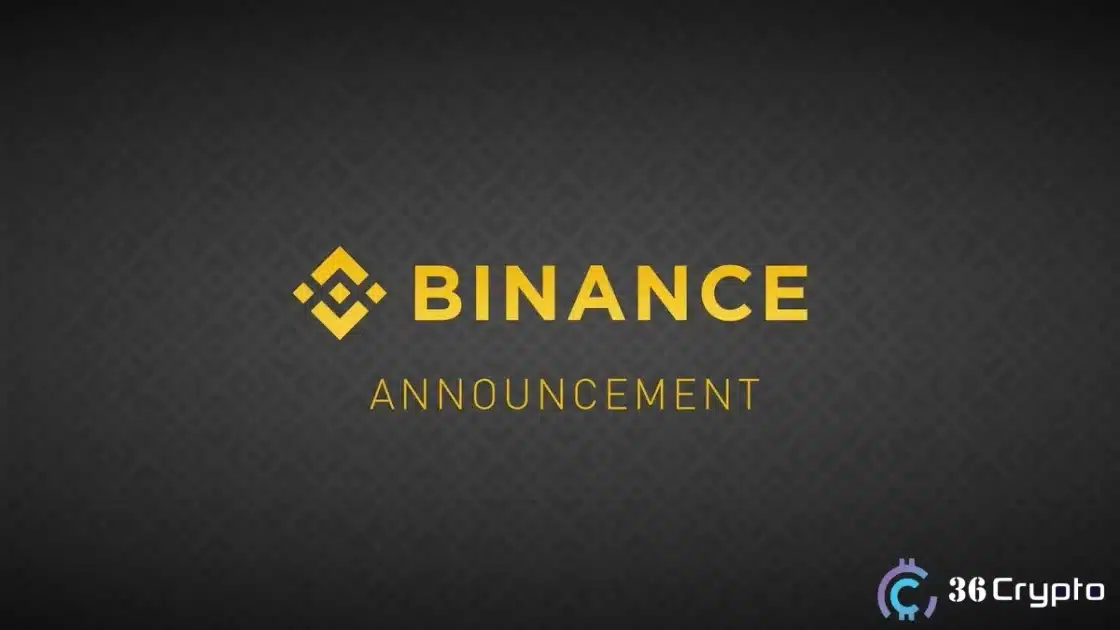Binance has strongly denied WazirX’s claims, stating it never controlled the platform, even during the July 2024 cyberattack. In its official statement, Binance emphasized that the WazirX team should take full responsibility for the security breach. Binance firmly denied any involvement with WazirX operations or the handling of the hack’s aftermath.
WazirX CEO Nischal Shetty repeatedly attempted to shift blame to Binance for the breach. However, after the suspension of services following the hack, the narrative changed. On July 18, 2024, a multi-sig wallet, managed by WazirX and third-party provider Liminal, was compromised. Binance stated that it was not involved in operating the wallet or the platform at the time of the attack.
Also Read: WazirX Hacker Moves $6.5 Million in Stolen Ether Through Tornado Cash
Disputes Over Platform Responsibility Escalate
After the hack, WazirX faced numerous withdrawal requests from users seeking to recover their investments, but the platform failed to process these transactions. Shetty continued to blame Binance, suggesting the ongoing dispute exposed the platform to vulnerabilities. Binance countered by reiterating that WazirX is owned and operated by Zanmai Labs, an Indian company and that it holds no operational control over WazirX.
Additionally, Binance accused WazirX of misusing its name in legal agreements with users. Despite multiple warnings from Binance, WazirX allegedly continued to mislead the public about its association with Binance. While Binance provided wallet services to WazirX until January 2023, it confirmed that all WazirX funds were removed from its custody after that date.
Binance has urged WazirX to compensate affected users without further delay. The company also criticized Shetty for downplaying Binance’s role in the situation. In its response to the hack, Binance reiterated that it bears no responsibility and called for WazirX to act with greater transparency and accountability to restore user trust.
Also Read: WazirX Faces Criticism Over Frozen Assets as Users Demand Urgent Action
